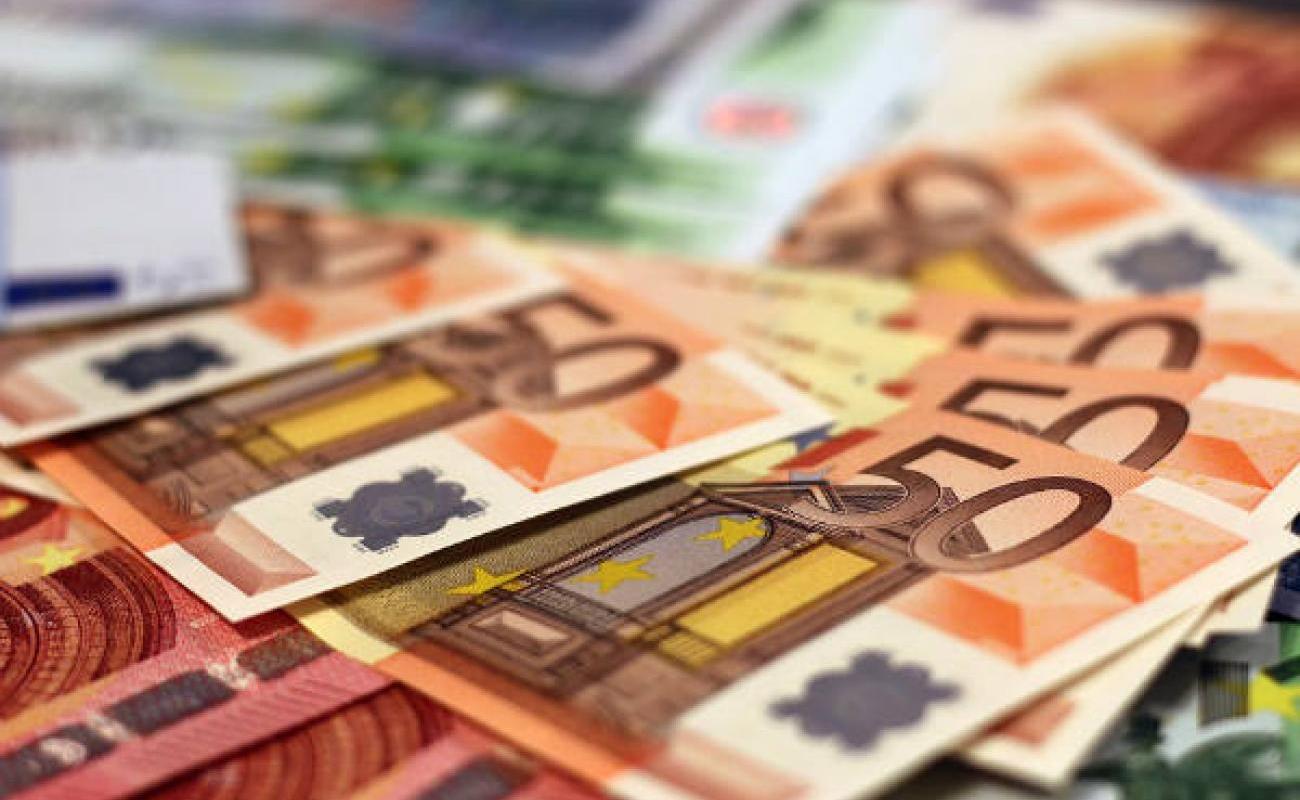A total of €90 million has been dedicated to green projects, supporting energy efficiency, renewable energy and decarbonisation projects. These investments reflect the Bank’s commitment to strengthening Bosnia and Herzegovina’s transition towards a greener and more resilient economy.
“I am very pleased that through 23 impactful projects, we have strengthened the country’s green transition, improved infrastructure and improved access to finance for businesses and individuals, reflecting our commitment to leading sustainable development and strengthening the resilience of the economy. These achievements are testament to the strong partnerships we have built with local partners, donors and the private sector. Looking ahead to 2025, I am optimistic about continuing this momentum, delivering even greater results and supporting Bosnia and Herzegovina in reaching its full potential,” said Stela Melnic, EBRD Country Director for Bosnia and Herzegovina.
The European Bank for Reconstruction and Development (EBRD) supported Bosnia and Herzegovina’s economic and sustainable development through several impactful projects in 2024. A significant financing package of €40.1 million was agreed for Elektroprivreda BiH to accelerate the transition to green energy, a major step towards decarbonisation. The EBRD provided €65.5 million to the financial institutions (FI) sector, using innovative solutions to strengthen businesses and foster sustainable growth.
This includes the Green Economy Financing Facility (GEFF) RePower projects, which promote green energy financing, the SME Go Green and SME Reboot projects, which enable small and medium-sized enterprises (SMEs) to transition to sustainable and resilient businesses, and the Go Digital projects in BiH, which accelerate the digital transformation of the economy. transformation.
Additional support was provided through SME credit lines, Youth in Business and RSF financing.
A significant achievement was the signing of the first Minimum Requirement for Capital and Eligible Liabilities (MREL) loan in BiH with Raiffeisen Bank BiH (RBBH) in the amount of EUR 12.5 million, with the mobilisation of an additional, complementary EUR 12.5 million for RBBH.
Furthermore, the signing of the first Risk Sharing Facility (RSF) framework with Intesa Sanpaolo Bank and a follow-up project with the Lider Microcredit Foundation underline our innovative approach in supporting financial inclusion and fostering access to finance for disadvantaged local communities.
In the field of transport infrastructure, the EBRD allocated an additional EUR 95 million for the completion of the Poprikuša – Nemila section, a critical part of Corridor Vc, connecting Budapest with the Adriatic port of Ploče. This investment reinforces our commitment to regional connectivity and economic integration.
The EBRD’s green agenda is highly visible in BiH, including several important projects: the first solar project in BiH signed with Elektroprivreda BiH (EPBiH) in Gračanica, which is improving renewable energy capacity. We continued to finalize the Pale district heating project, offering sustainable heating solutions. Progress was made on the Green City of Sarajevo Action Plan (GCAP), including initiatives for public transport e-mobility and the extension of the tram line.
Following devastating floods in central and southern BiH, the EBRD mobilised its Special Shareholders’ Fund (SSF) and expert staff to support the government’s application for EU Solidarity Fund funding. This critical step aimed to provide vital financing for the reconstruction of affected communities and infrastructure, underlining the need for rapid action in times of crisis.
The European Bank for Reconstruction and Development (EBRD) delivered a record €16.6 billion in investments across its area of operation in 2024, an increase of 26 percent compared to the previous year. In 2024, the EBRD welcomed its first two shareholders from sub-Saharan Africa, Benin and Côte d’Ivoire, bringing its total membership to 76, and the Bank plans to launch operations in the region this year. The year also marked the presidential elections, with the Board of Directors re-electing Odile Renaud-Basso for a second term as President at its Annual Meeting and Business Forum in Yerevan, Armenia.

